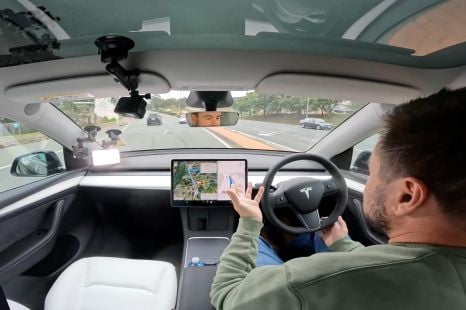

William Stopford
Tesla switches on FSD Supervised in Australia, announces subscription pricing
34 Minutes Ago
Chinese electric vehicles and batteries will now be hit with tariffs upon arriving in the US, as President Biden vows to not let China flood the market.

Contributor
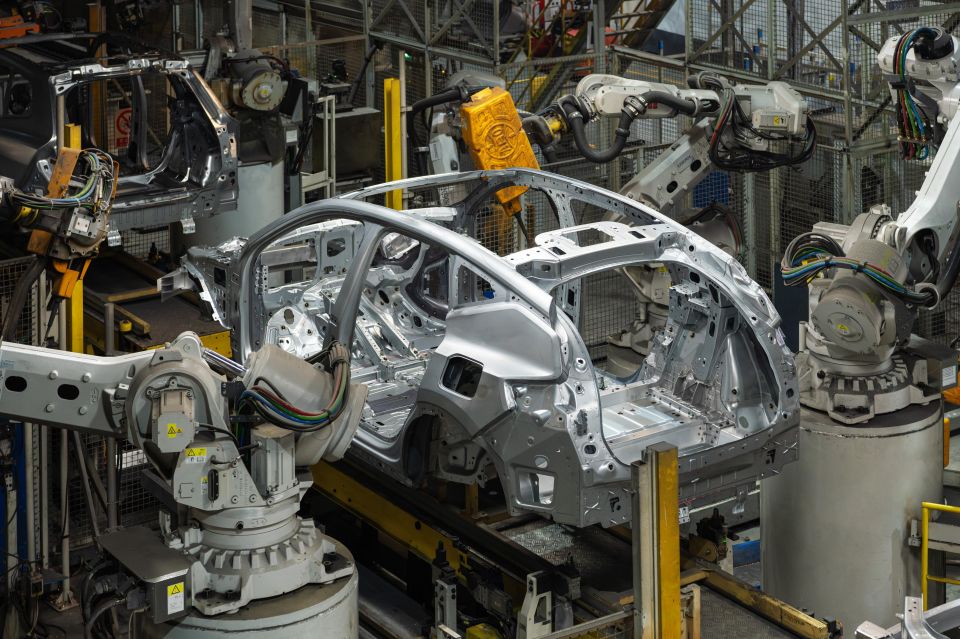

Contributor
The US Government has officially signed off on a new policy which will see electric vehicles (EVs) made in China hit with massive tariffs – but experts have already raised concerns about the tax.
Overnight, the Biden Administration raised the tariff on certain Chinese imports including EVs from 25 to 100 per cent, not including the existing 2.5 per cent duty tax on all vehicles imported to the US.
It also increased the tariffs on lithium-ion EV batteries and related battery parts from 7.5 to 25 per cent.
“American workers can out-work and out-compete anyone as long as the competition is fair, but for too long it hasn’t been fair,” President Joe Biden said when introducing the legislation.
“For years, the Chinese government has poured state money into Chinese companies across a whole range of industries: steel and aluminum, semiconductors, electric vehicles, solar panels — the industries of the future — and even critical health equipment, like gloves and masks.
“We’re not going to let China flood our market, making it impossible for American automakers to compete fairly.”
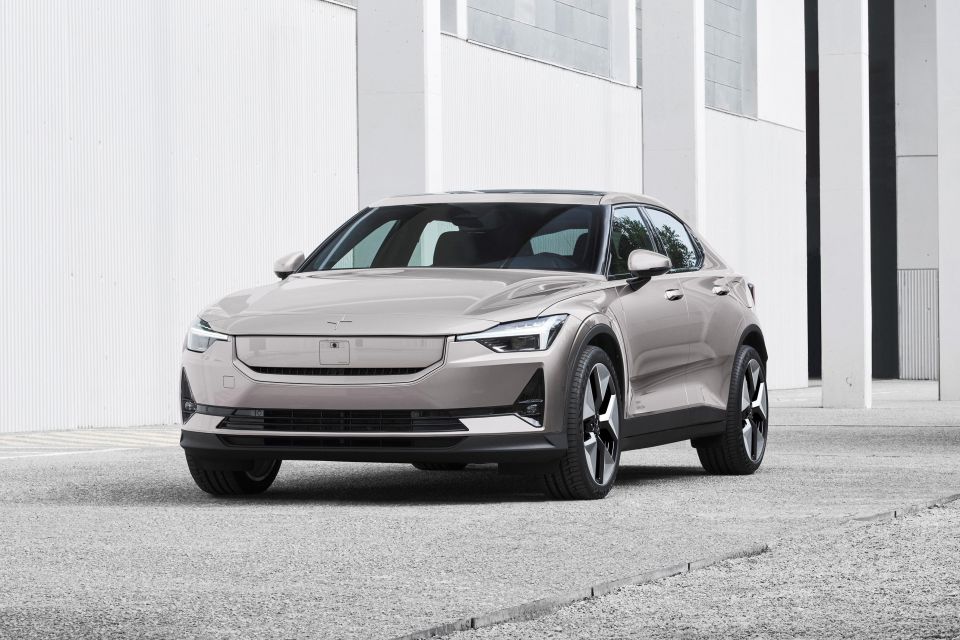
The new tariffs mean Chinese carmakers will struggle to make a profit in the US if they want to build EVs in their home nation.
At present, the Polestar 2 is the only Chinese-made EV sold in the US, while fellow Geely-owned brand Lotus plans to launch its Eletre electric SUV in the market later this year.
Despite being made by a Chinese parent company, North American production of the upcoming Polestar 3 will take place at Volvo’s South Carolina factory alongside its EX90 electric SUV twin, meaning it won’t be subject to the tariff.
Speaking to Reuters, Cornell University trade policy professor Eswar Prasad said Mexico and Vietnam could be two of the main focuses for Chinese brands looking to establish a manufacturing presence to break into the US market.
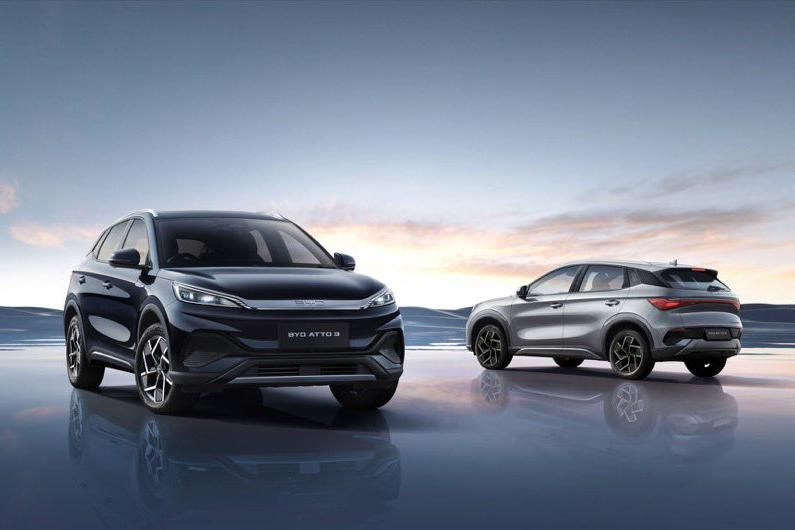
Chinese EV giant BYD has previously expressed its desire to open a factory in Mexico, which would potentially allow it to side-step the tariff due to a trade alliance with the US and Canada.
“The new tariffs might keep out imports from China but it is likely that much of those imports could be rerouted through countries not subject to the tariffs,” Mr Prasad told the publication.
The tariffs will also put the US Government’s EV sales targets to the test, having recently been walked back to 35 to 56 per cent of sales on the new vehicle market by 2032 – down from the original aim of 67 per cent.
Last year, just eight per cent of new vehicle sales in the US came from EVs, and the new tariffs will result in China-sourced batteries and related materials becoming more expensive for carmakers, driving up the list prices of the vehicles that use them.
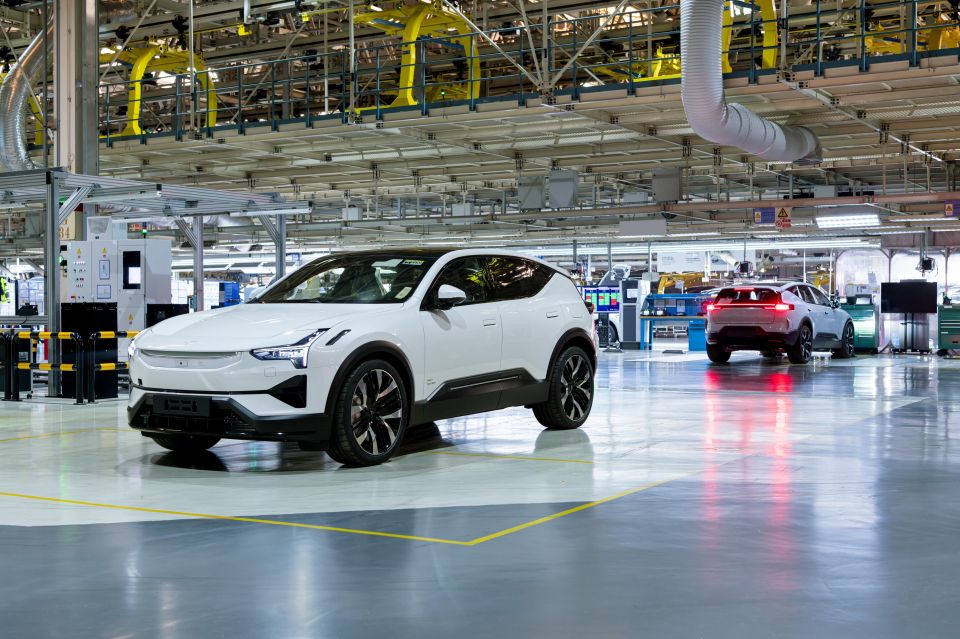
As expected, the United Auto Workers (UAW) trade union has thrown its support behind President Biden following the announcement of the tariff increase.
The UAW previously backed the incumbent leader after he supported its industrial action against Ford, General Motors and Stellantis (formerly Fiat Chrysler Automobiles) last year which saw approximately 13,000 manufacturing staff walk off the job.
China is yet to announce any retaliatory tariffs against the US in response to the tariff announcement.
While no Chinese-owned brands sell cars in the US beyond Lotus, Polestar and Volvo, there are a handful of Chinese-built cars sold in the market.
These include the petrol-powered Buick Envision and petrol and hybrid Lincoln Nautilus crossovers.
Born and raised in Canberra, Jordan has worked as a full-time automotive journalist since 2021, being one of the most-published automotive news writers in Australia before joining CarExpert in 2024.


William Stopford
34 Minutes Ago
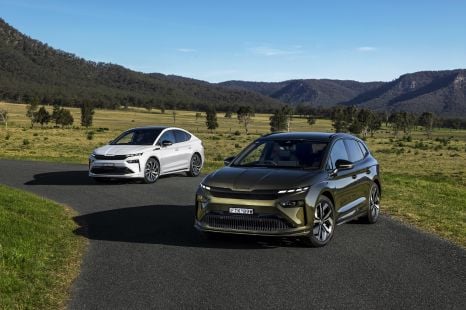

Max Davies
8 Hours Ago
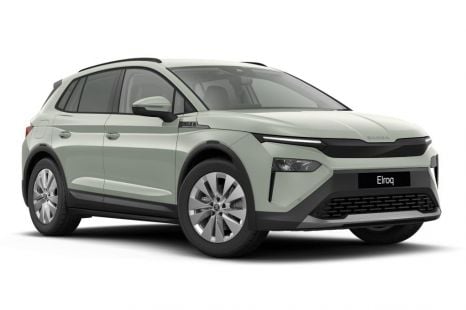

Max Davies
8 Hours Ago


Ben Zachariah
9 Hours Ago


William Stopford
9 Hours Ago
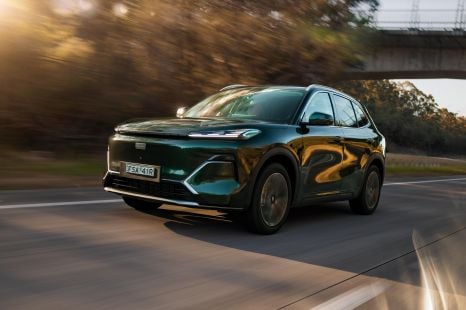

James Wong
13 Hours Ago